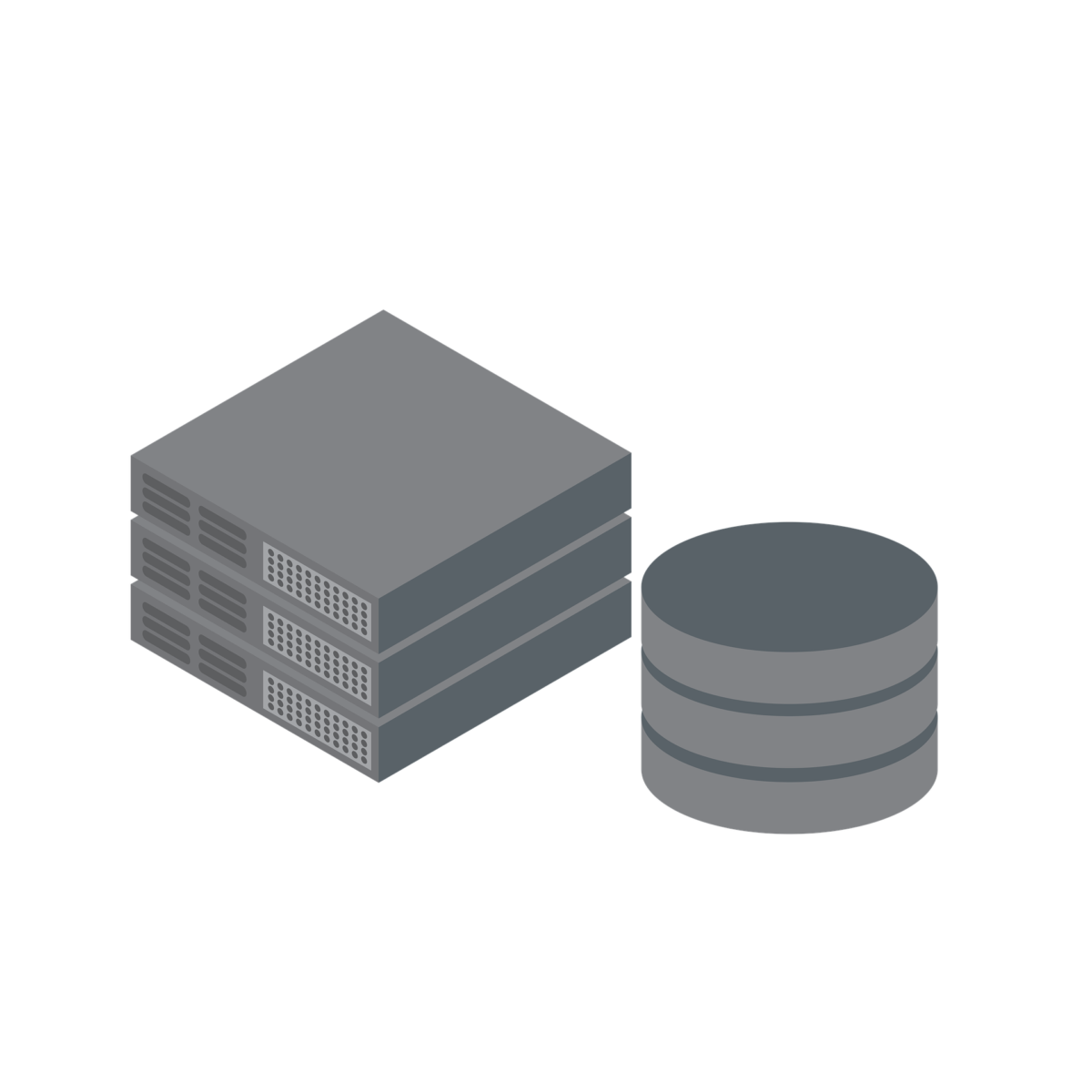Traditionally, Development and IT Operation teams in IT Departments tend to work in their own separate environments. IT Operations would be the infrastructure & network owners, who want to ensure an organization’s applications/systems continue to keep a stable uptime with best practices implemented. Development on the other hand would be the think tanks, the creators who take ideas and turn them into functional code that eventually power the various forms of applications that an organization needs. Development is isolated from IT Operations and IT Operations is isolated from Development.
While each of those segments traditionally operate in an isolated manner, the organization relies on both working together well to succeed. When development at some point needs something from IT Operations, they would usually communicate their requirements and then wait until IT Operations prepares it. IT Operations would deploy the required Infrastructure and networking components and hand the environment back to Development. If there is a problem from development side, the issue would be thrown back to IT Operations to solve. This back and forth flow of work and disconnect between the two teams often results in delays, confusion, and ultimately frustration from all parties involved.
Enter DevOps.
DevOps, to put it simply, is the removal of barriers between Development and IT Operations allowing them to work as a single comprehensive unit that ensures an application deployment pipeline is optimized from start to end. This means that instead of each of the IT functions owning a separate discrete component of application delivery, they both become owners of the entire application lifecycle. Hence the term DevOps.
Now you might have seen a lot of tools associated with DevOps, tool such as Jenkins, Terraform, and CloudFormation. This often causes the confusion about what DevOps is actually about. Is DevOps about tooling or culture? I think ideally DevOps is about culture, as those cultural and strategic changes are what result in drastic change in organization. However, the available tooling goes hand in hand with DevOps culture as they allow those ideas to come into fruition.
The promise of DevOps and what achieving can bring to the table is why I think its one of the most important advancements in IT, and that over the coming years, it will only grow out to be more crucial in achieving success in businesses.
In future posts, we will further go into more discrete concepts behind DevOps, such as Infrastructure as Code and CI/CD pipelines. The more we learn about DevOps, the more we could each be able assist our own organizations or build new ones that are better fit to the dynamic nature of the current IT landscape.

Leave a Reply